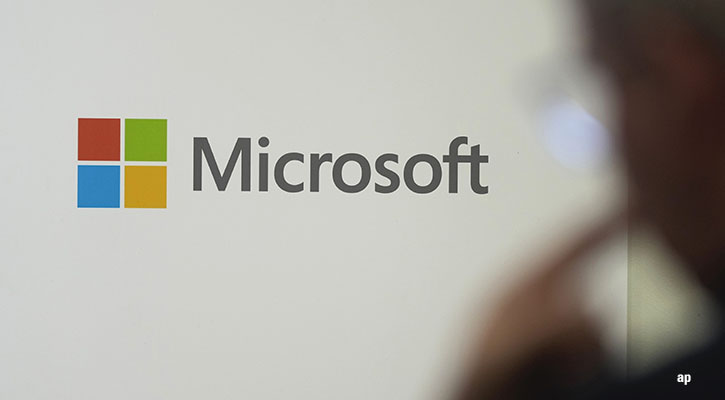On Friday June 24 assets across the globe plunged as the news that the UK had voted to leave the European Union met markets. But the pain was short-lived, just one week later the majority of investments had rallied to regain their losses.
The FTSE 100, gilts, global equities and commodities are now at higher levels than before the referendum result – although both sterling and UK mid-cap stocks have lost value since June 23.
How have professional investors reacted to the rollercoaster? And how will they navigate the uncertainties to come?
In the post-Brexit crash multi-asset fund manager Andrew Cole at Pictet Asset Management added to both UK and European exposure – taking UK equities from 2.5% to 7.9% of the portfolio, and European stocks from 3% to 9.5%. This was funded from a sizable cash allocation – 22% before the referendum result was announced down to 9.3% today.
One year ago when it was confirmed the referendum was to take place Cole reduced his exposure to domestic equities dramatically but now has faith in their long-term cash-generative abilities.
“Brexit has further ramifications for European markets than the UK, at least we have some certainty – the pound will still be the pound, but the future of the euro is not certain,” he said.
Cole thinks that Brexit could actually be positive for companies looking for an excuse to cut costs and scale back enterprises, making them more efficient and eventually more profitable.
Emerging Markets to Benefit from Soft Dollar
Not everyone agrees with Cole however. Trevor Greetham, head of multi-asset for Royal London is concerned that there is too much political uncertainty for UK stocks to fare well this year.
“Political risk is high in the UK. We don’t have a Prime Minister, we no longer even have the leaders of the Brexit campaign in place,” he said.
“We are keeping our UK exposure close to neutral. Sterling weakness has been positive for UK multi-nationals in the past, but there have been other times when both the currency and the stock market have fallen together.”
Instead Greetham is adding to emerging markets and commodities exposure – buying on the dips that he expects to be created from the triple threat of Brexit, China and the possibility of Donald Trump becoming US President.
“A strong dollar is not good for emerging markets or commodities, but with Brexit forcing the US to push back the date for a rate rise we think the dollar will remain soft for 2016,” he said.
“Commodities are up 25% this year and we expect that to continue although we do not have a positive view on gold. We think gold is a short term rally.”
…But Only for the Short Term
Although the four interest rate rises predicted from the Federal Reserve this year are highly unlikely to materialise next year is a very different market. And once the Fed starts to raise rates dollar strength will also return.
For this reason NN Investment Partners senior emerging markets strategist MJ Bakkum says that while he is backing emerging markets now, he has concerns about future growth.
“China growth must continue to slow – it is healthy and necessary. But it has an impact on the whole emerging markets sector and we have not seen the reforms we would have liked to in other countries,” he said.
“For emerging market equities the short term outlook is far better than the long term.”



























